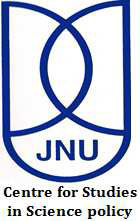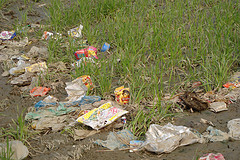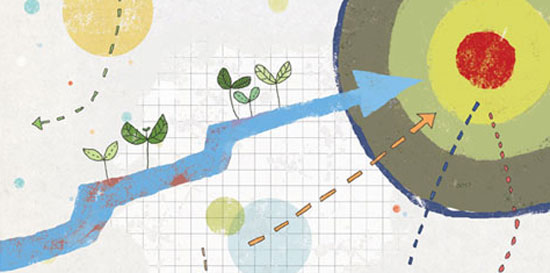 Our 2014 Annual Symposium, ‘Exploring pathways to sustainability’, is being co-organised with the Centre for Studies in Science Policy at Jawaharlal Nehru University, New Delhi and will be held on 10-11 February at JNU.
Our 2014 Annual Symposium, ‘Exploring pathways to sustainability’, is being co-organised with the Centre for Studies in Science Policy at Jawaharlal Nehru University, New Delhi and will be held on 10-11 February at JNU.Exploring pathways to Sustainability
Overview | Programme | ResourcesVideo | Blog | Photos | Storify (coming soon)
Overview
The 2014 Annual Symposium will focus on the theme of ‘pathways to sustainability’. Our participants will consider how particular mainstream, development interventions emerge as part of self-reinforcing trajectories for change, and the implications of these pathways for both environmental integrity and social justice. Together, participants will examine a range of contemporary issues including urbanisation and environmental health, climate change, securisation and grassroots innovation. Over two days we intend to explore future trajectories of change and possibilities for switching to more sustainable alternative pathways. Due to available space, the event is invitation-only.Programme
- Provisional programme STEPS-JNU Symposium 2014 Programme (PDF 83kb)
Symposium resources
Session 1: Pathways to environmental health / urban transitions
There are recognised tensions between urban and industrial development and environmental
protection, but limited understanding of how emerging environmental challenges
associated with rapid economic development, and the responses to them on the
ground, impact on human well-being. This session draws on STEPS Centre work in India.
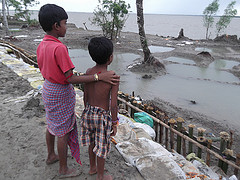 Session 2: Uncertainty from Below
Session 2: Uncertainty from BelowEcological uncertainty has usually been theorized from 'above' by experts. But the theories and models concerning uncertainty from "above" may have little to do with the way how everyday men and women (poor or rich, urban or rural especially in the global South) live with, understand and cope with uncertainty in their daily lives. This panel draws on ongoing STEPS Centre research in the Sunderbans, Kutch and urban India.
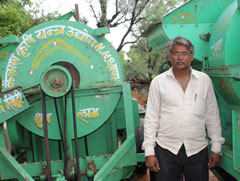 Session 4: Grassroots Innovation
Session 4: Grassroots InnovationA radical new approach to innovation is urged by STEPS, Stockholm Resilience Centre and Tellus Institute in this paper, published as a contribution to the Rio+20 Earth Summit. We argue that Sustainable Development Goals that keep human societies within a 'safe operating space' of planetary boundaries requires far greater recognition and power for grassroots actors and processes, involving them within an inclusive, multi-scale innovation politics.
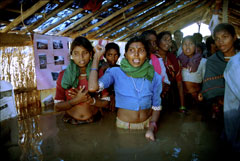 Session 5: Securitisation
Session 5: SecuritisationThe Water-Energy-Food (WEF) nexus is emerging globally as a research agenda and governance framework for understanding the relationship between water resources development and the energy and food sectors. This session will discuss case studies from Nepal-India and Thailand-Laos, countries that each share transboundary rivers (Mekong, Ganga) and that are increasingly tied together by jointly developed water resource development projects and cross-border power trade.
Selected resources
- Chapter: Pathways to Sustainability: Building Political Strategies by Melissa Leach. State of the World report 2013
- Book series: Pathways to Sustainability
- Video: Melissa Leach on the pathways approach
- Paper: Innovation politics post-Rio+20: hybrid pathways to sustainability? Adrian Ely, Adrian Smith, Andy Stirling, Melissa Leach, Ian Scoones Environment and Planning C, 2013
- STEPS Centre 2013 Annual Symposium Credibility across cultures: expertise, uncertainty and the global politics of scientific advice'

